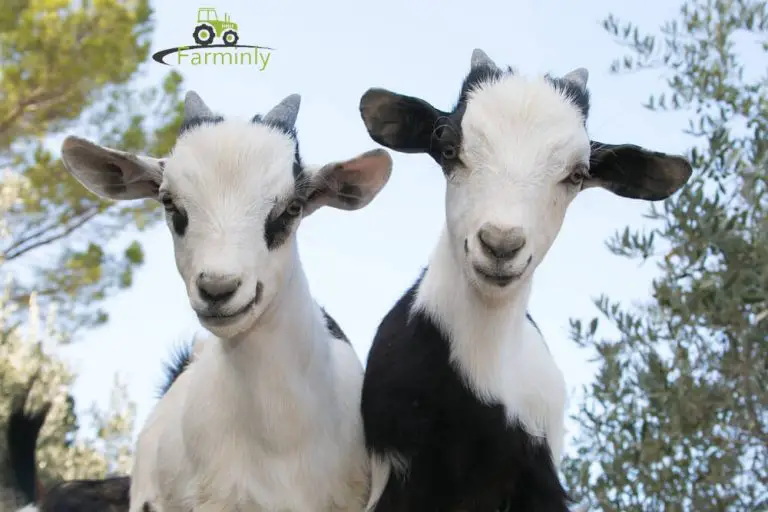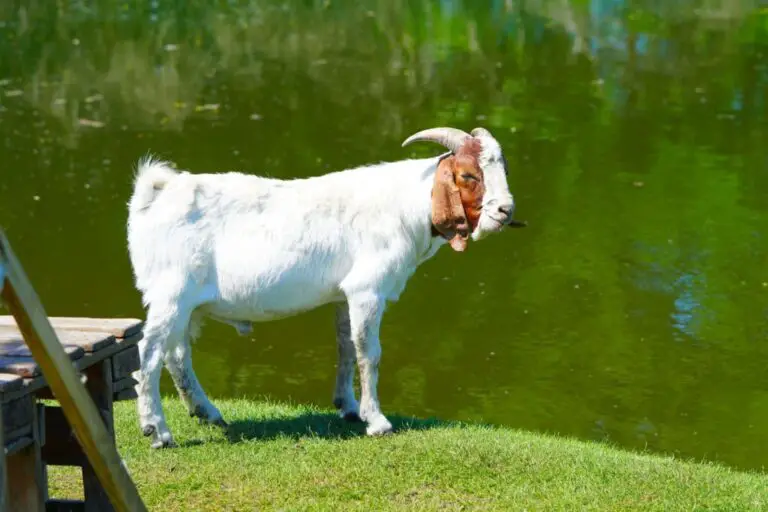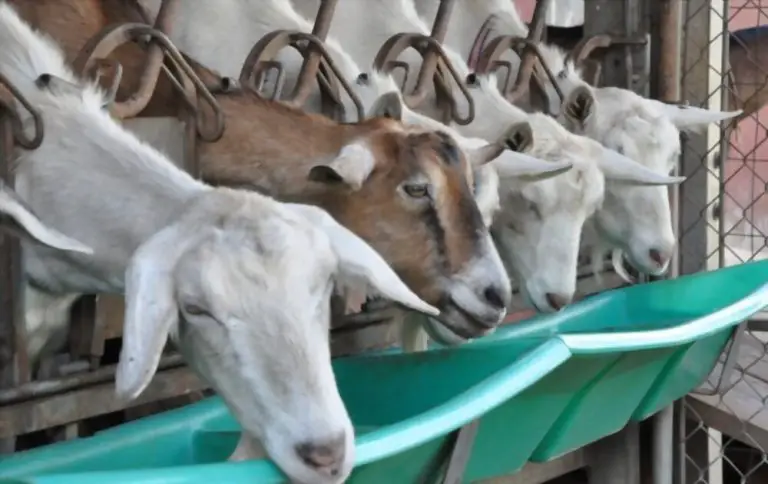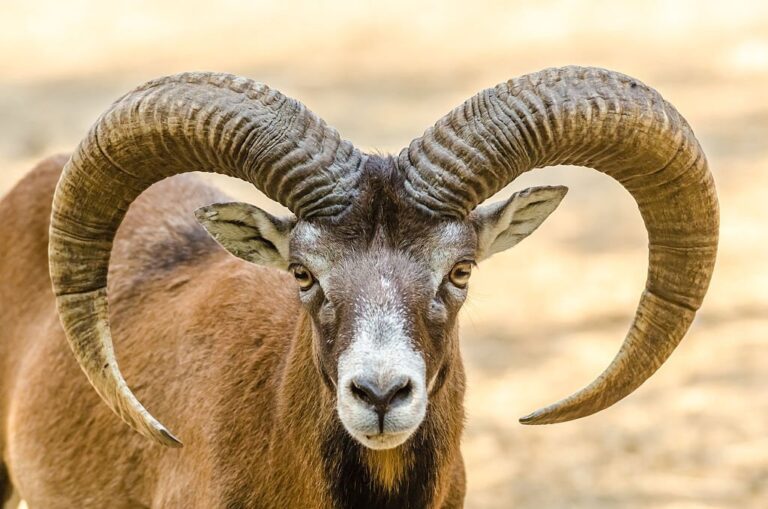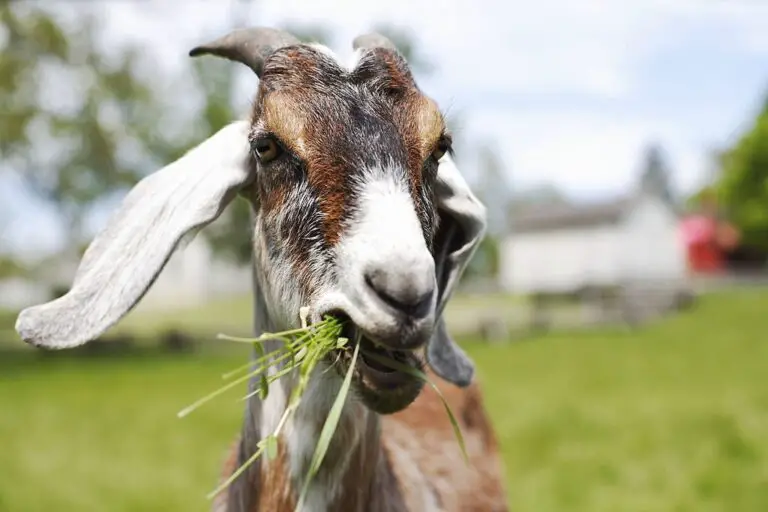The mouths of goats are constantly exploring. They can ingest pointy and jagged items without being injured. This ingestion isn’t a significant concern as goats have a highly-developed digestive tract. Furthermore, they have durable digestive organs and gums, so goats often explore when trying foods.
Blackberries are a reddish-black fruit of most domesticated cultivars that ripen in the late summer and get supported by long, stiff canes. The name of this berry comes from the wild plant’s growth pattern, which results in long, trailing, difficult-to-manage vines like those of raspberries, black raspberries, and dewberries.
In the past, blackberries grew in fields, on hillsides, and near the edges of forests. They grow best in regions that receive at least 8 to 10 hours of sunlight daily. Their foliage is deep green with serrated leaves emerging from short stems along the canes.
Blackberry bushes appear to have quite several thorns. Despite what you may have heard that thorns stop most animals from consuming certain plants, can goats eat blackberry bushes?
Can Goats Eat Blackberries?
It is well-known that goats eat just about anything, including tin cans and garments. They can feed on strange local plants, including thistles, nettles, and blackberry bushes. To goats, blackberries serve as a meal that they enjoy.
Goats will eat every part of the plant, even the thorns, as it is one of their favorite delicacies. They are also an excellent treat for goats, but it’s crucial to limit their consumption and ensure they regularly consume a balanced diet.

How Should You Serve Your Goat Blackberries?
Goats often find their way around the bushes. You don’t have to worry about your goat choking on blackberries because they are small and easy to chew. Furthermore, you can manually prepare a meal if you don’t want them wandering in the blackberry vegetation.
It’s okay to keep the preparation simple while giving them to your goat. The berries only need to get washed before offering them for consumption. Furthermore, you can provide whole berries to your goat without chopping or dicing them into smaller pieces.
However, it would be best not to give your goats too many blackberries or let them wander in the bush for a long time. This instruction is crucial as your goats should eat and receive all the necessary vitamins and nutrients in their appropriate proportions.
Do Goats Eat Blackberry Bushes?
Yes, goats can eat blackberry bushes since the whole plant, including the thorns, is edible. And because goats adore it so much, blackberry fields that have become overrun often use goats as clearing animals because landowners find it challenging to eliminate the thorny bushes.
But they can eliminate them by utilizing goats, sometimes known as “brush goats,” instead of dangerous chemicals and herbicides. They can eat thorny shrubs without getting injured. Additionally, farmers consider this procedure favorable as goats not only get rid of the bushes but also tend to enrich the land.

Goats prefer thorns and brambles to grass; they will graze invasive plants despite the thorns. Because they have tough mouths, you don’t have to worry about goats getting wounded when they eat twigs.
Using goats to remove bush is rather popular and frequent, especially among farmers who already have goats. A blackberry bush is light to them because they have a four-chambered stomach that can tolerate roughage like tree bark.
Nutritional Value of Blackberries for Goats
Blackberries are among the healthiest and tastiest fruits goats enjoy. Among the myriad of berries available, they are among the most well-liked in the world.
Blackberries are nutrient-dense and packed with helpful vitamins and minerals to improve your goat’s health. Furthermore, they are low in fat and carbohydrates, high in fiber and antioxidants, and include manganese, vitamin C, and vitamin K.
Vitamin C
Blackberries have high levels of vitamin C. Many fruits and vegetables contain vitamin C, a water-soluble vitamin. However, it is crucial for the formation, growth, and repair of the tissues in your goat’s body.
Additionally, it promotes iron absorption and increases disease resistance. Both of which are particularly helpful to goats.
Vitamin K
The metabolism of your goat’s bones depends on the availability of vitamin K in its body, which is also necessary for good health. Furthermore, the supply of over 29 micrograms of vitamin K in one cup of blackberries helps prevent fractures in their bones.
Manganese
It might be quite helpful for your goats to take manganese because it is a mineral that is essential for brain health and the nervous system. Also, manganese is necessary to grow strong bones and immune systems.
High-level of Fibre
Fibers are essential in a goat’s diet. Soluble fiber, among others, is abundant in blackberries.
Blackberries’ rich fiber content benefits your goat’s digestion and immune system. Furthermore, it also encourages regular bowel motions and lessens constipation.
Antioxidants
Antioxidants are generally abundant in berries, and anthocyanin-rich blackberries are an excellent source. These antioxidants provide better heart health, cell protection, and illness prevention.

How often Should Goats Eat Blackberries?
If you have goats, you might wonder how you should feed them blackberries. They are, after all, a delectable treat that your goats like. You can give goats blackberries regularly as a healthy treat.
Giving goats blackberries is an excellent way to ensure they consume the necessary fruit daily. When giving any meal to goats, it’s crucial to remember that moderation is critical. Moderation is essential because feeding them in excess might result in stomach troubles or other health problems.
Blackberries’ Health Benefits For Goats
Blackberries are suitable for the goat’s health. Some of the health benefits of the consumption of a blackberry bush for a goat include the following;
1. Supports Digestion
Blackberries tend to act as support for a goat’s digestive system. They contain high fiber content and keep the digestive system in motion. As a result, constipation and other digestive problems in goats are minimal.
Pectin is another substance that is present in blackberries. It is a soluble fiber that can assist in lowering digestive tract inflammation. This nutrient is particularly beneficial for goats with digestive diseases like inflammatory bowel disease.
Pectin is peculiar to have prebiotic qualities, which means it can aid in the growth of good gut bacteria. This benefit is crucial for immunity and general intestinal health.
2. Enhanced Coat
Blackberries can aid in enhancing coat quality. The omega-3 fatty acids in blackberries can help your goat’s coat look better.
Feeding your goat blackberries could make it look better, especially if its coat is dull or dry. Additionally, blackberry leaves can serve as bedding for goats.
Disadvantages of Blackberry Consumption for Goats
Although it is not news that goats can graze almost anything, this information does not denote a healthy lifestyle. For instance, goats may become ill from eating too many blackberry plants.
Furthermore, blackberry bushes are problematic because they have high quantities of oxalates. They can interact with calcium in the goat’s digestive system and result in health issues.
Intestinal obstructions, kidney stones, and even death can result from too much oxalate. For this reason, it’s advisable to steer clear of giving the herd access to blackberry pasture.
Final Thoughts
Blackberries are a rich source of vitamins and minerals for your goats’ health and welfare. Your goats can also consume the entire bush and its leaves to the delectable fruit.
Now that you know this, You can incorporate this food into their diet appropriately and watch them thrive.

